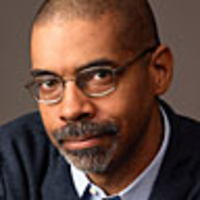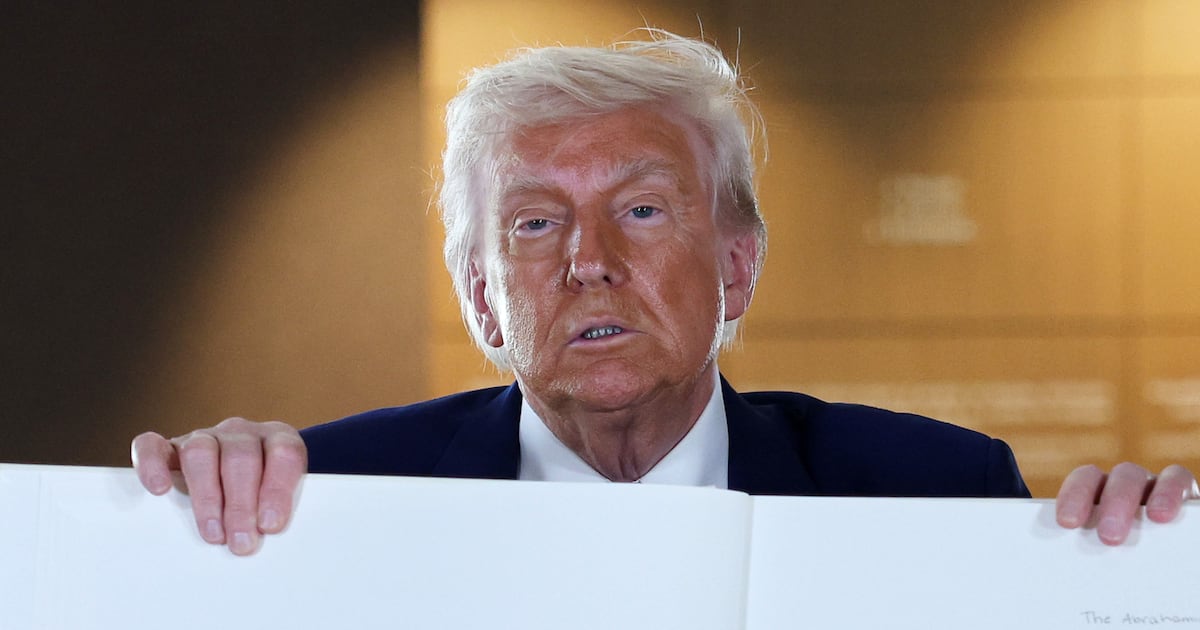
Pictures at an Exhibitionby Sara Houghteling
The theft of art by the Nazis during World War II has been explored mainly in nonfiction or as the background, so to speak, of various thrillers. This powerful first novel sets the historical tragedy against a sad yet compelling tale of love and loss. The characters, all in their own ways emotionally wounded, seem as real as our neighbors. Marvelous little asides about art are scattered throughout the story, but what most struck me was the power of the prose. The first sentence of the novel is masterful, but here is my favorite, a simple sentence so fraught with tragic meaning that just about any writer could be proud of it: “My mother could not play an out-of-tune piano, but I could.
Why Manners Matterby Lucinda Holdforth
I admit to an affinity for books on civility, perhaps because I myself once wrote one. Lucinda Holdforth’s delightful book is the best I have seen on this subject in many years. She sets herself the Herculean task of arguing for manners in a world that deems them unimportant. She is equally at ease with Rousseau and Rosa Parks, with the Bloomsbury Group and the Bible, with 19th-century etiquette books and 2-st century Hollywood. (She also makes reference to Castiglione’s 16th-century Book of the Courtier, among my favorites in my own college days.) Rejecting the cant that good manners are some sort of right-wing conspiracy, Holdforth persuasively links good manners not only to good character but to the stability and the progress of the society itself. Not to pay attention to a book this thoughtful might even be considered unmannerly.

The American Commonwealthby James [Viscount] Bryce
This classic text on the American republic, published a little more than a century ago, should hold a place on our bookshelves, right next to Tocqueville. Many of the observations by the distinguished British jurist about the institutions of governance in the United States continue to hold true today. Consider in particular the following passage, from his discussion of the problem of tyranny: “What prevents such assaults on the fundamental law—assaults which, however immoral in substance, would be perfectly legal in form?... Nothing but the fear of the people... To the people we come sooner or later: It is upon their wisdom and self-restraint that the stability of the most cunningly devised scheme of government will in the last resort depend.” And then there is this pearl: “It must also be remembered that the merits of a president are one thing and those of a candidate another thing.”

On Borrowed Wingsby Chandra Prasad
This confidently written and entirely lovely period tale, set in the 1930s, imagines a set of circumstances in which the first woman to attend Yale pretended to be a man. But the gracefully written novel is not comic. Prasad tackles serious themes. Central questions of gender and ethnicity are handled with a delicate clarity. The story is spiced equally with romance and family obligation. It also has its scary moments. Scariest of all is the entirely plausible Professor Spang, the campus eugenicist, whose work the protagonist, young Adele Pietra, must decide whether to further or frustrate.

In Praise of Idlenessby Bertrand Russell
This is the book, in these worrisome yet busy times, that we all ought to go back and read. Russell, brilliant and acerbic (in the best sense of the word) was one of the great essayists and polemicists of the 20th century. Although many will find his argument for socialism (in this volume) archaic, and his arguments against religion (in other work) unpersuasive, the title essay alone is worth the price. Russell argues that when we are too busy to take time to think, we are unlikely to think for ourselves. Instead, our ideas will be guided by outside forces, whether advertising or the opinion of others. Indeed, idleness, for Russell, is a state one reaches by escaping the encompassing world. Sitting at the computer or watching television would not, for Russell, be idleness: Both would be examples of letting others tell us what to think or do. The second essay in the book, “‘Useless’ Knowledge,” is as important as the first. He makes the case for seeking to know without regard to the value that other people—and, in particular, the market—might place on what you are seeking.




